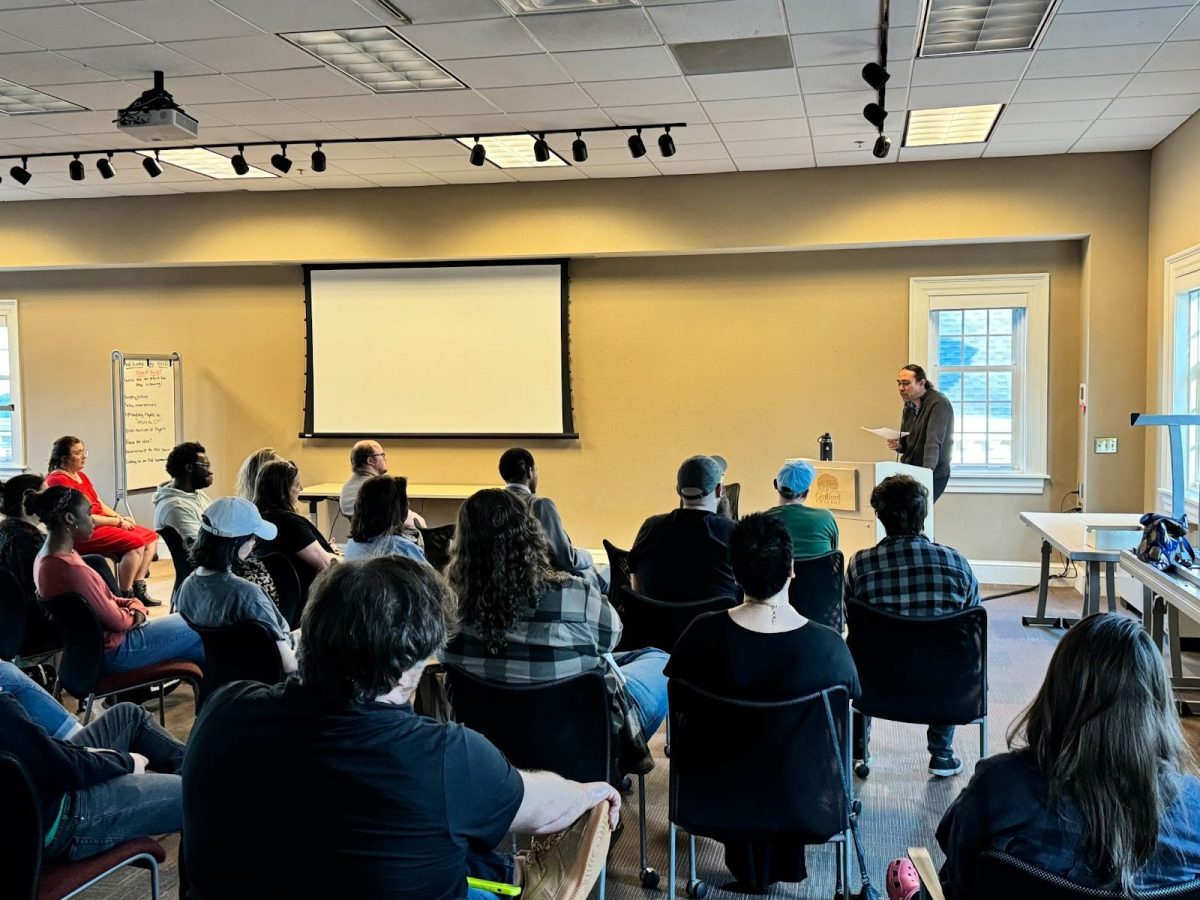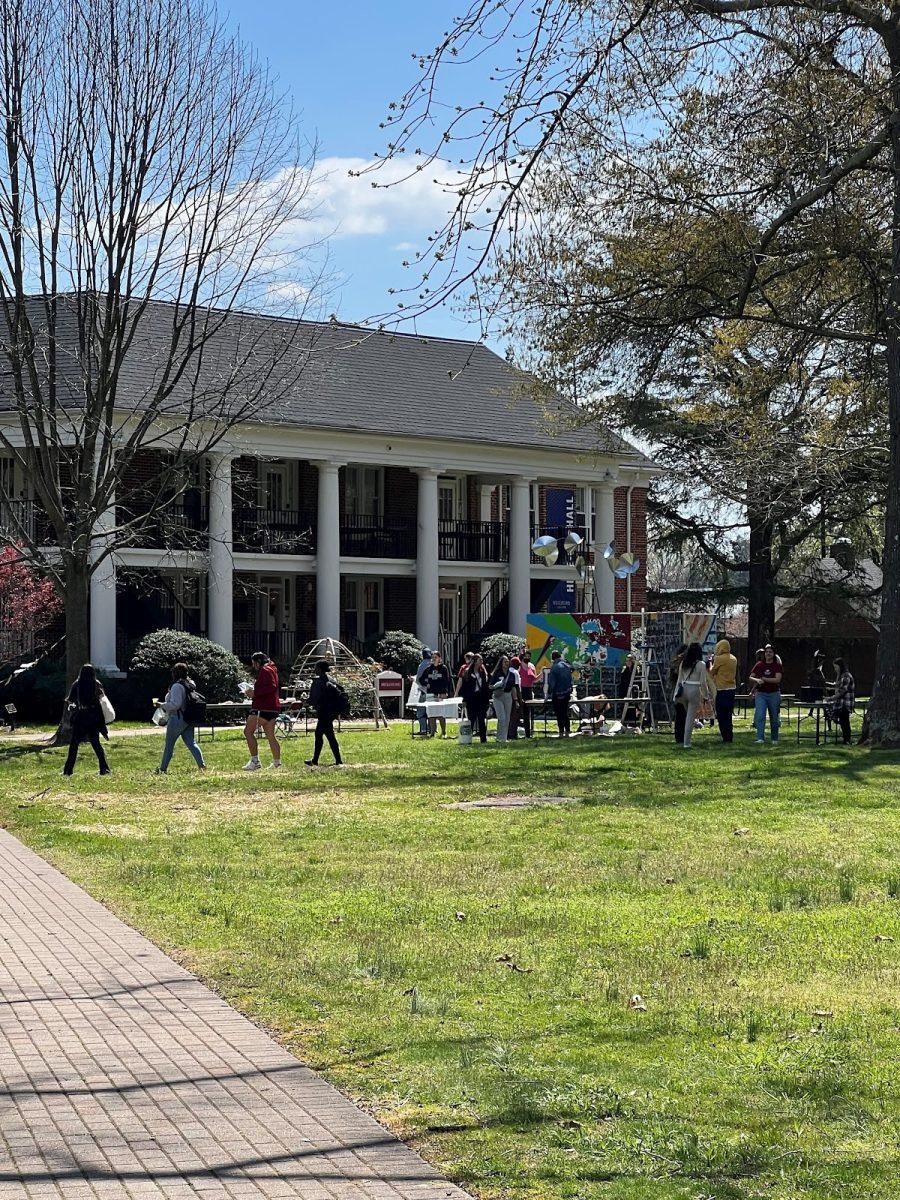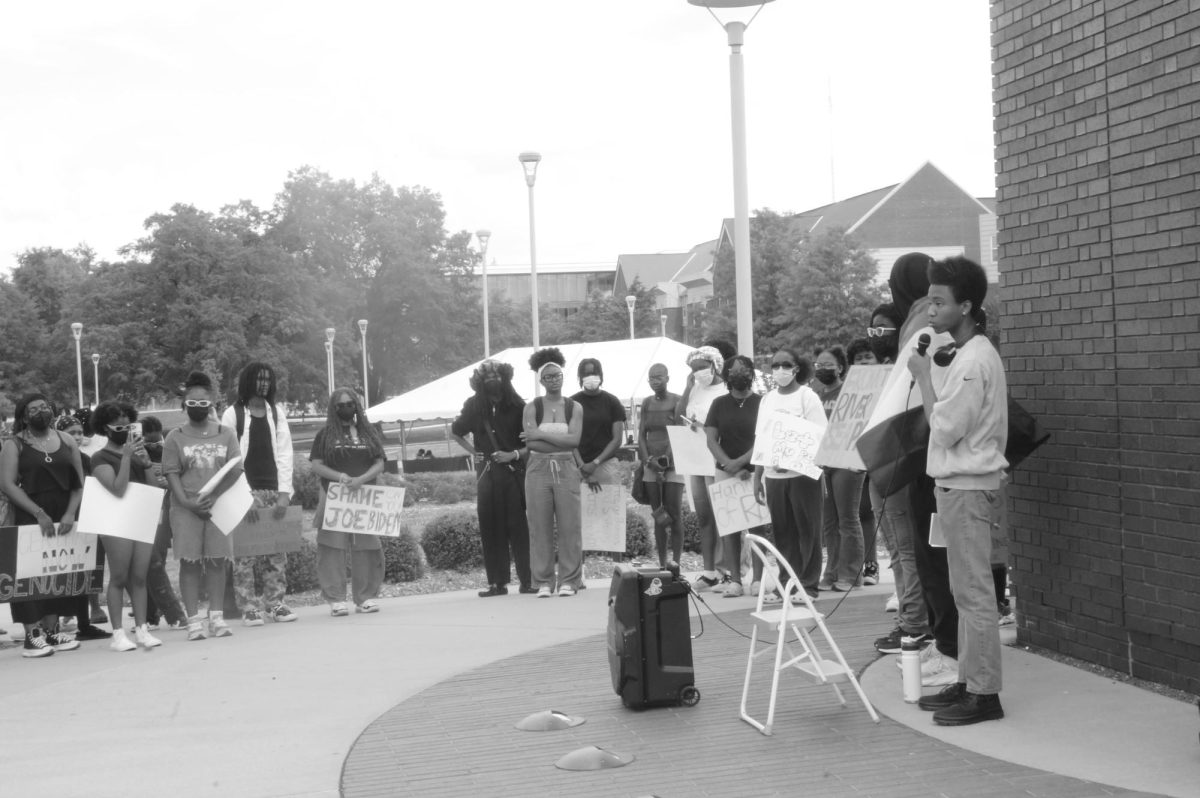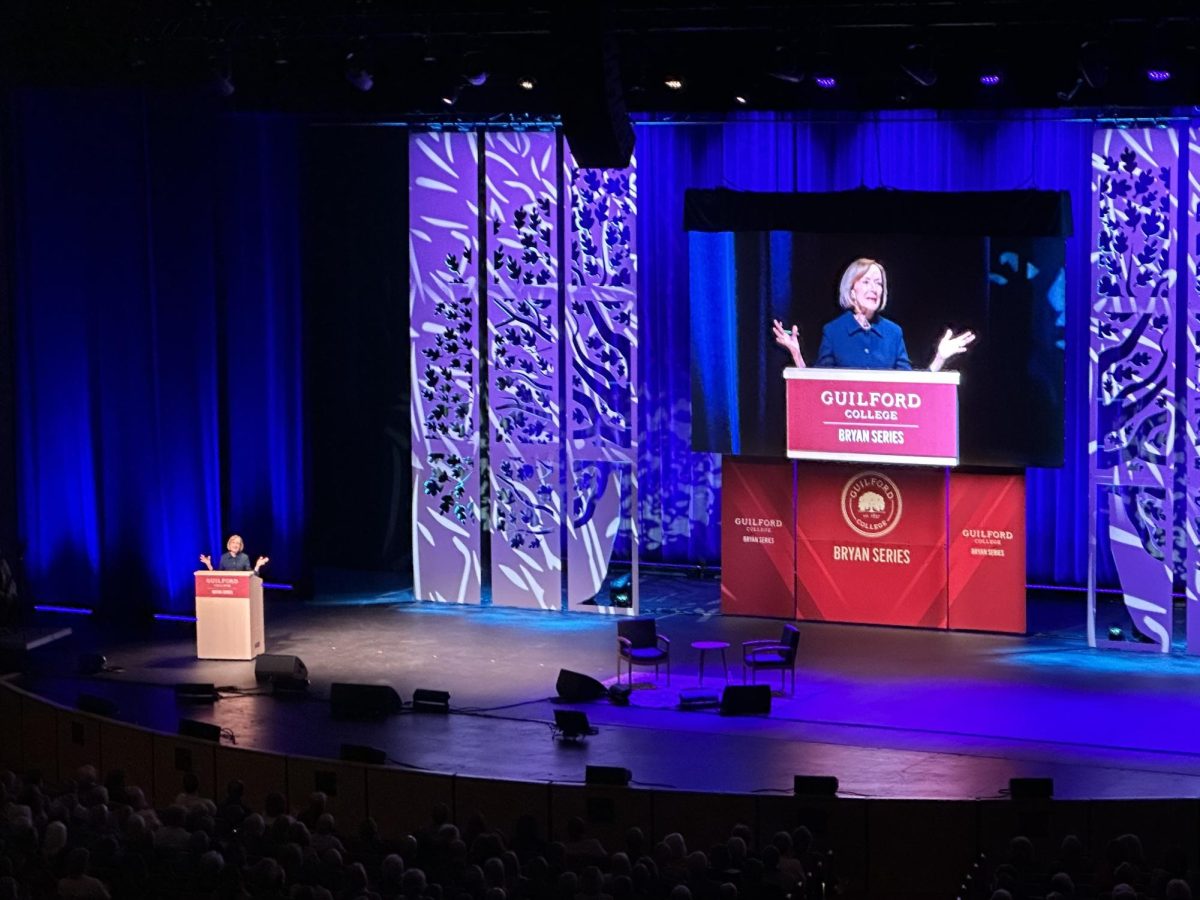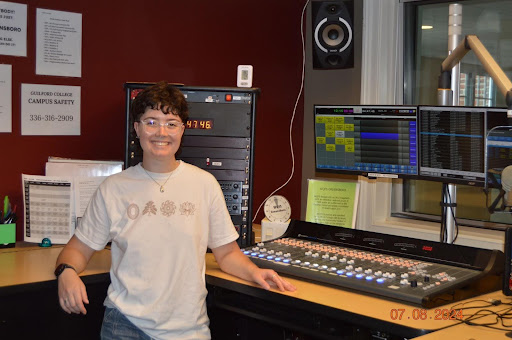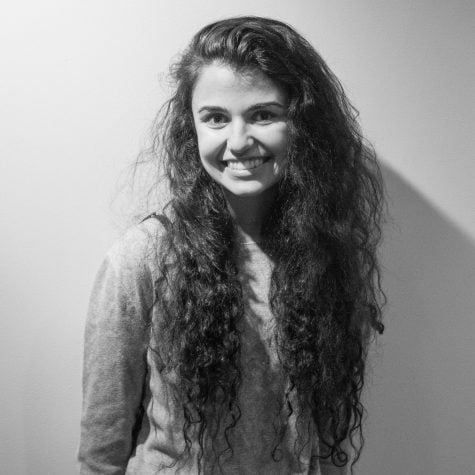As of 2016, the United States has less than 5 percent of the world’s population, but 25 percent of its prisoners. In both jails and prisons, those incarcerated are overwhelmingly people of color.
From March 12 to March 15, a group of 13 Guilford College community members joined over 400 others from around the world to combat mass incarceration.
“By ignoring it, we’re allowing this systematic racism and disenfranchisement,” said sophomore Jeanette Gardner. “We’re allowing it to happen, and we are supporting it if we do not take action against it.”
The event was called Spring Lobby Weekend, and it was hosted in Washington, D.C., by the Friends Committee on National Legislation.
“I sometimes feel as though I’m the only one working on the issue,” said Campus Ministry Coordinator Frank Massey. “For me, to walk in that room that first afternoon … and just have it filled to the edges (was incredible).”
The bill that everyone came together to lobby for includes giving judges more discretion during sentencing so that minor drug offenses do not automatically mean several decades in a cell.
“We are trying to reduce minimum sentencing,” said senior and Spring Lobby Weekend organizer Leah Meservey. “That’s one step towards (fixing) a huge problem. (It will) better enable people to not be locked up for the majority of their life.”
Another goal was to make prisons less punitive and more restorative.
“Prisons should be transformative, holistic, healing,” said Center for Returning Citizens Executive Director J Jondhi Harrell. “They should be a place to heal a broken person … That’s not how we do it in this country.
“In America, mass incarceration is a punitive system. That’s how it’s designed.”
Speakers also addressed the importance of raising up voices of people of color, as the majority of those incarcerated are people of color, specifically African Americans.
“These bills are about … correcting justice and giving people a chance,” said Legislative Associate for Domestic Policy at FCNL José Santos Woss. “Our criminal justice system focuses on mandatory minimum sentences and pushes mass incarceration.”
The first two days consisted largely of speakers, one of them being Harrell. Another speaker was Senior Policy Analyst for Civil and Criminal Justice Reform at the Open Society Policy Center Nkechi Taifa.
“Black people have been subjected to a double standard of justice,” said Taifa. “(Some think) what (is) happening with the police was justice, when in actuality, it was just us.”
The audience also heard about the effect of the prison system on those who are not incarcerated. For example, it takes over $31,000 a year to keep one person in prison.
“Companies (are) profiting off not only the dehumanization of people who are incarcerated, but the rest of society who is allowing an injustice,” said junior Elena Robles.
Attendees also got to hear from others about how families are affected by mass incarceration.
“All throughout my life, my dad’s been in jail,” said first-year Jhanna Vasser. “Up until this weekend, I haven’t realized how that’s personally affected me.”
On the last day, Spring Lobby Weekend attendees split up into state groups to lobby their representatives. Guilford students lobbied congressperson and North Carolina representative Mark Walker.
Afterward, some students reflected on why this issue matters to our community.
“If we want to talk about equality as one of our values, and integrity, we have to care about this issue because otherwise we’d be lying to ourselves,” said junior Francesca Benedetto.
Many people from the Guilford community who went to spring lobby weekend felt that Guilfordians were not living up to Guilford values if they did not support mass incarceration reform.
“We live in an apartheid state,” said senior and organizer Kiernan Colby. “It’s easy when you’re operating in mostly white spaces like Guilford or other liberal arts colleges to not realize that … The truth is, Greensboro is one of the most segregated cities in America.”



